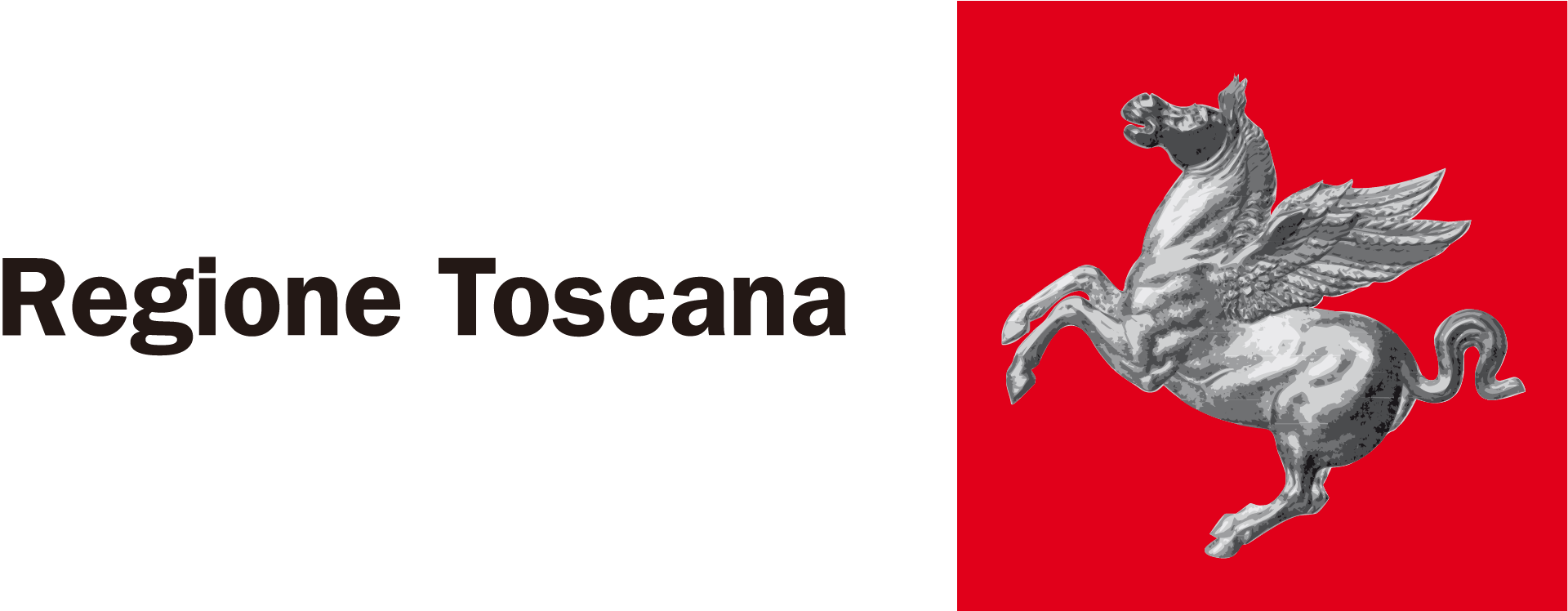 MicroReg is a tax-benefit microsimulation model, developed by IRPET (Regional Institute for Economic Planning in Tuscany), able to simulate the main fiscal policies for all the Italian Regions. The model is based on the EUROSTAT Survey on Income and Living Conditions (EU-SILC). In its traditional version MicroReg can simulate direct taxes and in-cash transfers, but recently it was extended in two directions. The first extension aims at adding indirect taxes to simulated tax policies, thanks to a statistical matching between EU-SILC and the Italian Household Budget Survey by Istat (National Institute of Statistics (Italy)). To improve the matching, an estimation of the level of expenditure for each EU-SILC household is added to the variables on which the matching is conditioned, by applying the relation between consumption and income estimated on the Bank of Italy Survey of Households Income and Wealth. The second extension aims at including in-kind transfers, in health and education and in household disposable income. The monetary value of in-kind transfers is estimated with the public cost of production by using national and regional administrative data. The allocation of benefits among individuals is done by following the so called “actual consumption approach”, both for health and education. This paper describes MicroReg, focusing on the new extensions, and the results of an application to assess the distributive effects of fiscal policies introduced in the last few years in Italy, both on the revenue and on the expenditure side.
MicroReg is a tax-benefit microsimulation model, developed by IRPET (Regional Institute for Economic Planning in Tuscany), able to simulate the main fiscal policies for all the Italian Regions. The model is based on the EUROSTAT Survey on Income and Living Conditions (EU-SILC). In its traditional version MicroReg can simulate direct taxes and in-cash transfers, but recently it was extended in two directions. The first extension aims at adding indirect taxes to simulated tax policies, thanks to a statistical matching between EU-SILC and the Italian Household Budget Survey by Istat (National Institute of Statistics (Italy)). To improve the matching, an estimation of the level of expenditure for each EU-SILC household is added to the variables on which the matching is conditioned, by applying the relation between consumption and income estimated on the Bank of Italy Survey of Households Income and Wealth. The second extension aims at including in-kind transfers, in health and education and in household disposable income. The monetary value of in-kind transfers is estimated with the public cost of production by using national and regional administrative data. The allocation of benefits among individuals is done by following the so called “actual consumption approach”, both for health and education. This paper describes MicroReg, focusing on the new extensions, and the results of an application to assess the distributive effects of fiscal policies introduced in the last few years in Italy, both on the revenue and on the expenditure side.
Autore: Maria Luisa Maitino, Letizia Ravagli, Nicola Sciclone
Dicitura Bibliografica: International Journal of Microsimulation Models, vol. 10, n. 1 2017









